Not all AI is created equal—and using the wrong tools can create more risk than reward.
This article outlines the key risks of low-quality AI in endocrinology, and how practices can avoid them while still benefiting from automation.
1. Inaccurate Task Handling = Clinical Risk
Low-grade AI often misroutes tasks or misinterprets clinical data—especially in specialties like endocrinology where small distinctions matter (e.g., basal vs bolus insulin, or adrenal vs thyroid labs).
Examples of risk:
- Fax AI misclassifies an urgent growth hormone approval as a routine refill
- Prior auth AI fails to detect a CGM device change requiring new documentation
- AI-generated notes miss key comorbidities, impacting risk adjustment scores
These mistakes aren't just operational—they can delay care or cause compliance failures.
How to avoid it:
Look for platforms with specialty-specific AI models and rule-based validation built for endocrine workflows—not generic large language models.
2. Hallucination + Fabrication
LLMs are powerful, but when used improperly, they can "hallucinate"—confidently generate information that’s factually wrong or never existed.
In endocrinology, that might mean:
- AI suggesting outdated treatment guidelines
- Adding lab values to notes that weren’t in the chart
- Filling in referral intake data incorrectly from ambiguous sources
In a specialty where small dosage changes or test interpretations carry big weight, this is dangerous.
How to avoid it:
Choose AI tools that are grounded in structured EHR data, lab results, and scanned documents—not freetext generation alone.
3. HIPAA Violations + PHI Exposure
Many consumer-grade or offshore AI tools lack enterprise-grade security and data handling protocols.
This can lead to:
- Unencrypted transmission of patient faxes
- PHI being stored in insecure or offshore servers
- Lack of audit logs for data use and access
How to avoid it:
Only use AI platforms that are HIPAA-compliant, HITRUST-certified, and US-hosted. Confirm they sign BAAs and support granular access controls.
4. Workflow Fragmentation
Low-quality AI tools often act as isolated widgets rather than integrated co-workers—forcing staff to toggle between tools, manually enter data, or duplicate work.
That means:
- AI flags a refill issue, but no follow-up gets scheduled
- Prior auths are submitted, but no one tracks denials
- Tasks are completed, but don’t log into the EHR or billing system
How to avoid it:
Look for AI agents that integrate across your practice’s stack: EHR, billing, fax, scheduling, and analytics. Bonus points if it works within your existing workflows—no logins or tabs required.
5. False Efficiency = Real Burnout
Ironically, bad AI can increase burnout—by:
- Creating cleanup work for staff
- Forcing clinicians to double-check everything
- Generating more tasks than it completes
Your staff shouldn't be "babysitting the bots."
How to avoid it:
Vet AI platforms based on measurable impact on time saved and tasks resolved, not just flashy tech. Ask: How many refill requests does this handle per week? How much faster are we processing labs?
6. Compliance + Audit Trail Gaps
Many low-quality AI platforms don’t provide robust logging or version control—leaving you vulnerable in audits or reviews.
If an AI agent submitted the wrong note or missed a prior auth, can you trace exactly what happened?
How to avoid it:
Ensure your AI platform provides complete activity logs, including:
- Time-stamped task actions
- User or AI agent IDs
- Data provenance (e.g., where info was pulled from)
7. Lack of Endocrine-Specific Intelligence
Endocrinology has unique workflows: longitudinal care, lab-driven decisions, device tracking, chronic care plans.
Generic AI often fails to understand:
- The difference between routine and urgent thyroid nodules
- When CGM replacement is covered by payer
- What labs need to accompany endocrine referrals
How to avoid it:
Pick AI vendors that specialize in endocrinology or chronic disease management—not one-size-fits-all automation platforms.
Why Honey Health Is Different
Honey Health was built from the ground up for high-complexity, high-admin specialties like endocrinology. Our AI agents are trained on real workflows—referral intake, fax triage, refill processing, eligibility checks—and built to reduce risk, not add to it.
With Honey Health, you get:
- Endocrinology-specific task agents
- Audit-proof activity tracking
- Secure, compliant infrastructure
- Embedded workflows with no tool toggling
We don’t just speed up admin—we do it safely, so your team can focus on care.
Final Takeaway
AI holds enormous promise for endocrinology—but only when it's built right.
The wrong AI can expose your clinic to:
- Patient safety issues
- Compliance violations
- Workflow chaos
- Staff frustration
The right AI reduces admin while safeguarding care quality, compliance, and cost.
Choose wisely—and choose specialty-specific.

